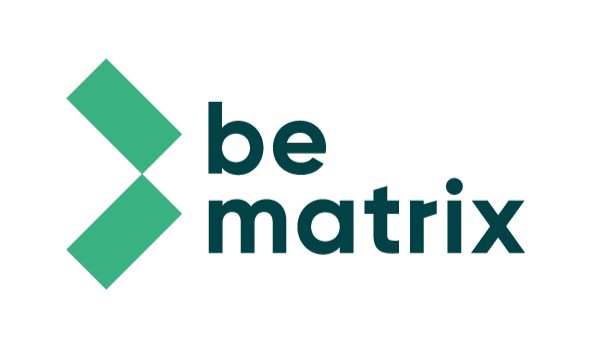The default is that employers are always liable in common law for the actions of their employees at work so in a civil case it is the employer that gets sued not the employee.
However, each case centres around whether the employee was at the time ‘at work’ i.e. acting within the scope of their employment or, as the law quaintly defines it, on a ‘frolic of their own’. The basic idea is that an employer cannot be responsible of the actions of employees that cannot be reasonably foreseen for example injuries resulting from pranks.
In a recent case Pharmacist Meeta Patel claimed £58,000 compensation from the NHS after she sustained damage to her lower spine when a fellow employee deliberately pulled her chair away as she sat down. Patel claimed the NHS trust was indirectly liable for her colleague’s “act of folly”. However, the Judge dismissed the case at the Central London County Court, ruling that Khan was acting “outside the scope of his work”.
Such rulings are not a licence for employers to ignore acts of ill-discipline especially when they can be reasonably foreseen, such as an employee with a history of poor behaviour or ill-discipline. In such cases the employer could still be liable.
.
The case also highlights another issue in the events industry which is defining vicarious liability when employees are off duty when staying on site in a hotel, sometimes overseas, and therefore still in a work situation. When are employees’ actions the responsibility of the employer (and therefore covered by insurance) and when is the employee directly liable for their own actions? For example is a manager organising an evening out for staff still at work and therefore covered, or are they personally liable for anything that happens to those employees as a result of negligence? Good employers have comprehensive guidelines to cover personal conduct when travelling to avoid compromising situations arising in the first place and to protect the interest of the company and its managers. The policy default is usually that the employee is ‘at work’ for the duration of the trip unless they formally absent themselves for personal travel or recreation.

